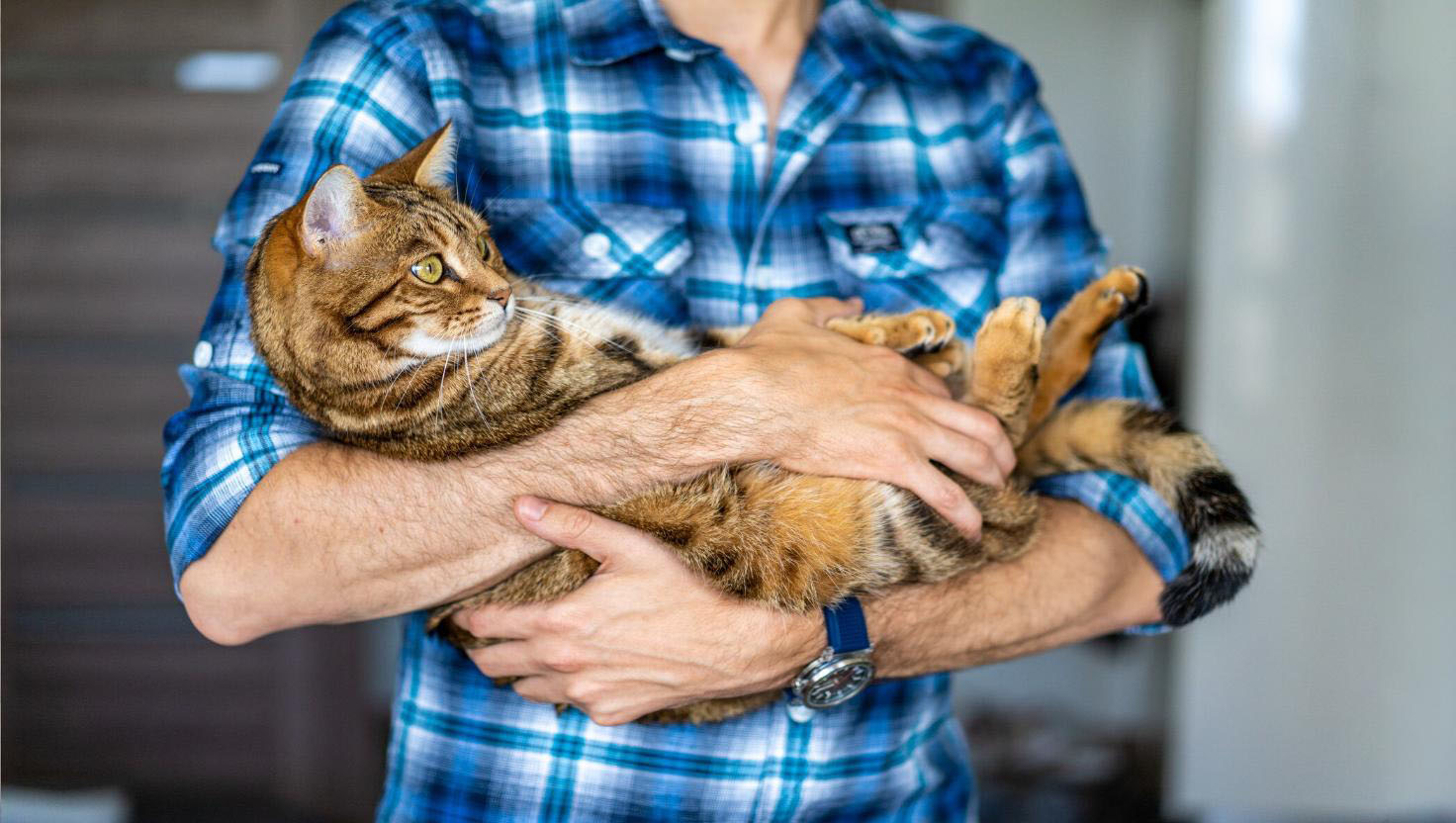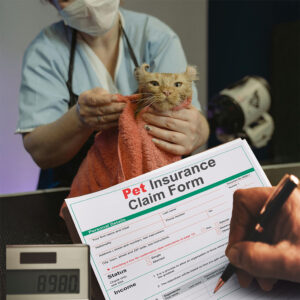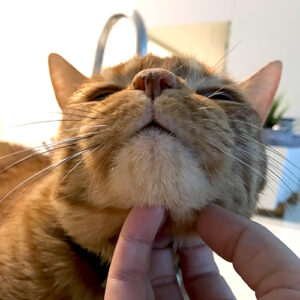Is bird flu in cats a real worry? You bet it is. Recent outbreaks raise
big questions about what we feed our cats, apart from birds that our hunter kitties can possibly be caught. Raw food diets are now under scrutiny. Learn the risks in our blog, what is going on, and how to keep it safe.
Can cats get bird flu?
Yes, cats can contract certain strains of bird flu, particularly H5N1 and H5N8, by eating infected birds or coming into contact with contaminated surfaces.
How do cats catch bird flu?
Cats can get bird flu by:
- Eating an infected bird (especially wild or backyard birds).
- Coming into contact with bird droppings, feathers, or contaminated water.
- Being exposed to infected cats or animals.
What are the symptoms of bird flu in cats?
Symptoms can include:
- Fever
- Difficulty breathing or coughing
- Runny nose and eyes
- Lethargy or loss of appetite
- Vomiting or diarrhea
- Neurological issues (seizures, unsteady movements) in severe cases
What do I do if my cat has symptoms?
A cat suspected of having H5N1 avian influenza (bird flu) undergoes several diagnostic steps, typically performed by a veterinarian or a diagnostic laboratory. The process includes clinical examination, and to confirm bird flu, the vet collects biological samples.
A positive PCR test confirms H5N1 infection. If the test is inconclusive, additional tests may be required.
What to Do If a Cat Tests Positive?
- Isolate the cat from other pets and humans to prevent possible spread.
- Follow veterinary guidance on treatment and supportive care.
- Report cases to local health authorities if required, as bird flu is a monitored disease.
Currently, no specific antiviral treatment is available for cats with H5N1, so care focuses on supportive treatment, such as hydration, oxygen therapy, and fever management.
If you suspect your cat may have been exposed to bird flu (e.g., consuming raw poultry or contacting infected birds), it’s crucial to seek veterinary attention immediately.
How can I protect my cat from bird flu?
- Keep cats indoors to prevent hunting infected birds.
- Avoid feeding raw poultry or wild-caught birds.
- Keep food and water bowls clean and away from outdoor contamination.
- Wash hands after handling birds or cleaning litter boxes.
Can humans get bird flu from cats?
While rare, there have been concerns about possible transmission. Close contact with an infected cat (such as handling secretions or feces) could pose a risk, but direct transmission from cats to humans is not well-documented.
East coast Alerts!
As of February 19, 2025, there have been significant developments regarding avian influenza (bird flu) along the East Coast of the United States.
Poultry and Wild Birds: The USDA’s Animal and Plant Health Inspection Service (APHIS) has confirmed multiple detections of highly pathogenic avian influenza (HPAI) H5N1 in both commercial and backyard poultry flocks across several East Coast states, including Delaware, Connecticut, and New York. These outbreaks have led to increased monitoring and control measures to prevent further spread.
Recent incidents have linked certain raw cat food brands to H5N1 avian influenza (bird flu) infections in domestic cats. Notable cases include:
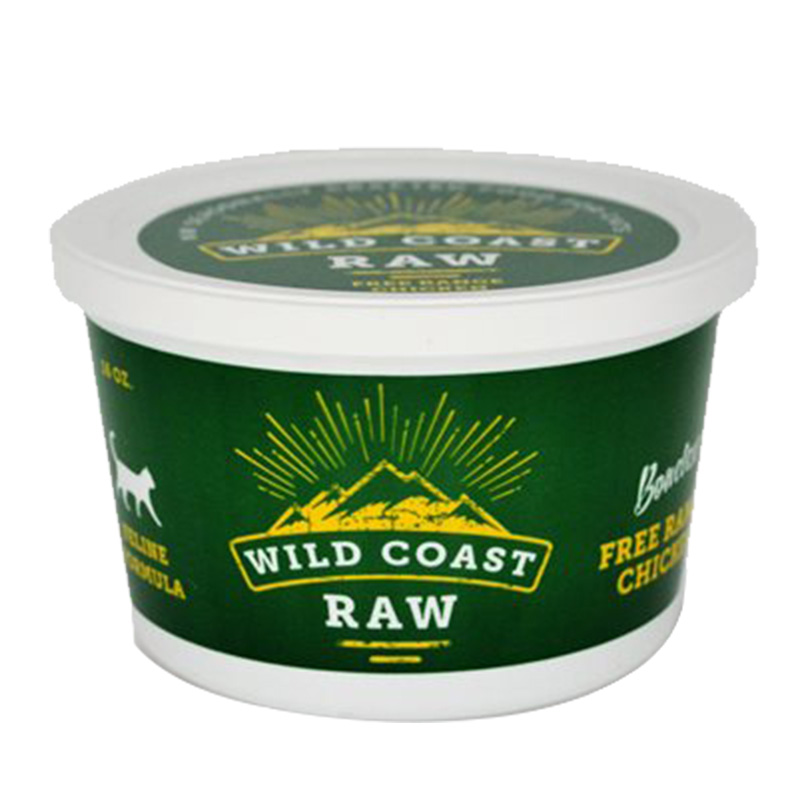
- Wild Coast Raw
- Product: Feline Turkey Recipe Raw Frozen Cat Food
- Incident: In December 2024, a cat in Oregon died after consuming this product. The company issued a voluntary recall for batches with “Best By” dates of May 21, 2026, and June 23, 2026. Source AP News
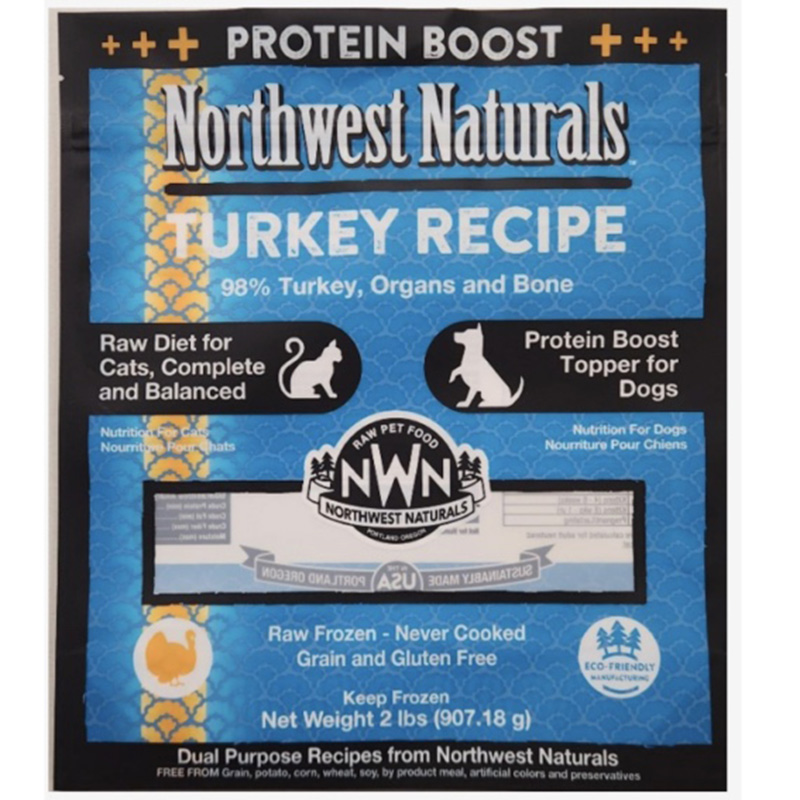
- Northwest Naturals
- Product: Feline Turkey Recipe Raw Frozen Cat Food
- Incident: In December 2024, a cat in Oregon died after consuming this product. The company issued a voluntary recall for batches with “Best By” dates of May 21, 2026, and June 23, 2026. Source: AP News
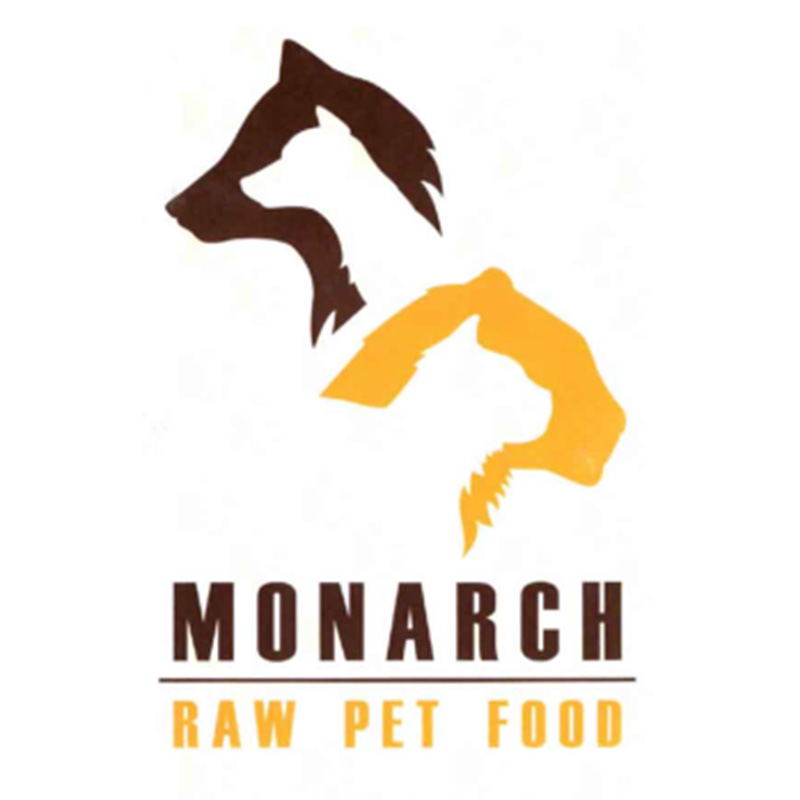
- Monarch Raw Pet Food
- Product: Various raw poultry-based diets. Note that this brand was sold on local farm markets.
- Incident: In Los Angeles County, multiple cats contracted H5N1 after consuming this brand’s products. Testing confirmed the presence of live, infectious H5N1 virus in the food. Source: CIDRAP
In response to these incidents, the U.S. Food and Drug Administration (FDA) has advised pet food manufacturers using uncooked or unpasteurized poultry or cattle-derived materials to reassess their food safety plans to address H5N1 contamination risks. Source: FDA
Cat parents should be cautions when selecting pet foods, especially raw diets containing poultry, and to stay informed about recalls and safety advisories to protect their kitties’ health.
